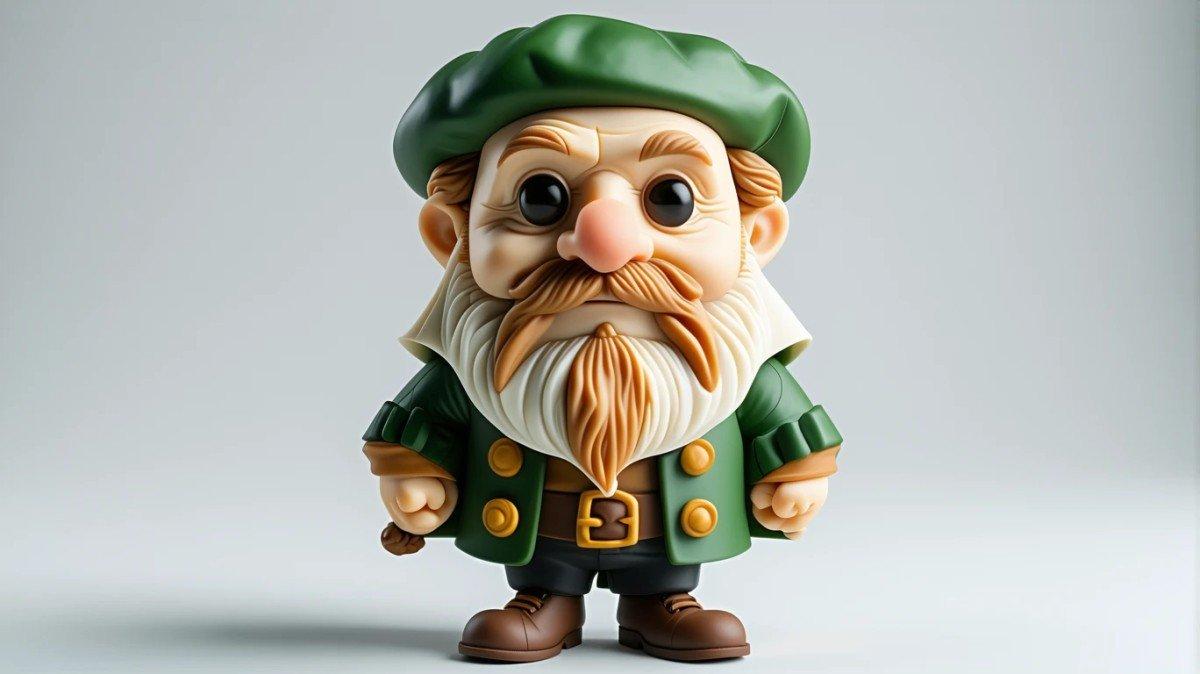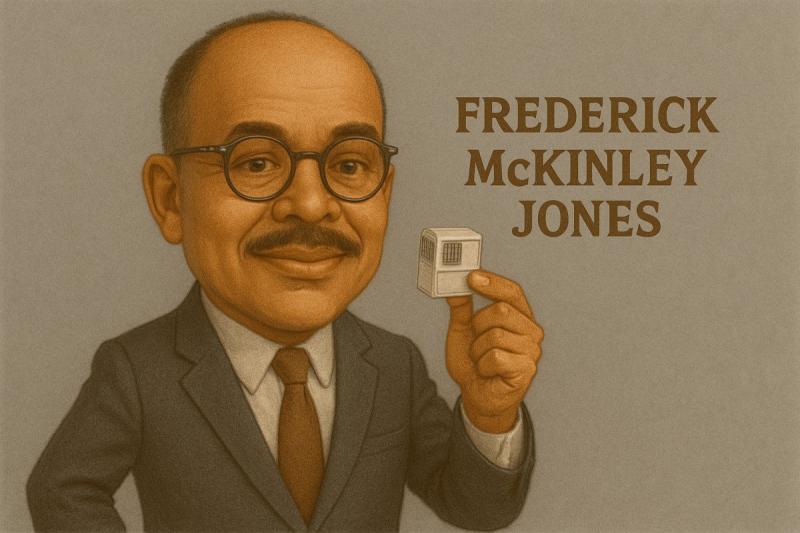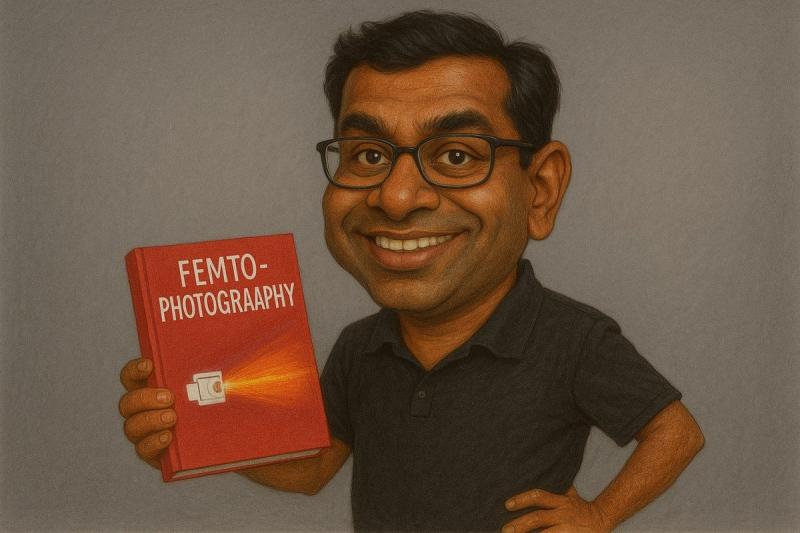Paracelsus: The Sword-Wielding Physician Who Carried His "Elixir of Life" Everywhere
Ever heard of a doctor who carried a sword filled with drugs? Not your typical medical accessory, right? Well, let me introduce you to one of history's most fascinating medical rebels: Philippus Aureolus Theophrastus Bombastus von Hohenheim—or as he mercifully preferred to be known, Paracelsus.
This 16th-century Swiss physician wasn't just ahead of his time; he was practically living in another dimension compared to his contemporaries. While most doctors were still bloodletting and prescribing mercury for basically everything, Paracelsus was strutting around Renaissance Europe with a sword that had a secret compartment in its pommel filled with laudanum—his personal "elixir of life."
The Man Behind the Sword
Born in 1493 near Zurich, Switzerland, Paracelsus wasn't exactly the type to blend into the background. With a personality as lengthy as his full name, he quickly developed a reputation as medicine's bad boy. Traditional physicians hated him, universities banned him, and patients... well, they actually loved him because his treatments worked better than most of the medieval nonsense being prescribed at the time.
Paracelsus received his doctorate from the University of Ferrara and then spent years wandering through Europe, Africa, and Asia, collecting knowledge like most people collect souvenirs. He learned from barber-surgeons, alchemists, midwives, and peasant healers—people the established medical community of his day would have sneered at.
What made him truly revolutionary? He actually observed patients and their symptoms rather than just reciting Galen and Hippocrates like they were gospel. Shocking concept, I know.
The Famous Laudanum Sword
Now about that sword... Paracelsus carried a specially designed sword with a hollow pommel (that's the round bit at the end of the handle) filled with laudanum. If you're wondering, laudanum is a tincture of opium that Paracelsus himself formulated—essentially liquid opium mixed with alcohol.
Why keep it in his sword? Well, partly for the drama of it all (this guy definitely had a flair for theatrics), but also for practical reasons. As a traveling physician, he needed his medicines on hand, and what better place than in the weapon that also protected him on the dangerous roads of Renaissance Europe?
He claimed this concoction was his "elixir of life," capable of extending life and curing numerous ailments. And while we now know that opium isn't exactly the fountain of youth (and is wildly addictive—something Paracelsus didn't fully understand), it was undeniably effective at relieving pain in an era with few pain management options.
Revolutionary Medical Ideas (That Were Actually Right)
Despite his eccentricities and theatrical sword-drugs, Paracelsus was surprisingly on point with many of his medical theories:
- He proposed that diseases had external causes rather than being caused by "imbalanced humors" (the prevailing theory for over 1,500 years)
- He introduced chemical remedies into medicine, founding iatrochemistry
- He recognized the dose-dependent nature of substances (his famous quote: "All things are poison, and nothing is without poison; the dosage alone makes it so a thing is not a poison")
- He suggested treating "like with like"—a precursor to vaccinations and immunology
These ideas were revolutionary. IMO, Paracelsus was essentially performing evidence-based medicine centuries before it became standard practice.
The Original Medical Rebel
If there's anything Paracelsus loved more than his laudanum-filled sword, it was starting academic fights. In one particularly legendary moment, he burned the standard medical textbooks of the time (written by Galen and Avicenna) in public. This would be like a modern doctor burning copies of Harrison's Principles of Internal Medicine while livestreaming it. :)
His contempt for the medical establishment was so intense that he lectured in German rather than Latin—scandalous behavior that allowed common people to understand medical knowledge rather than keeping it locked away in elitist academic circles.
He even wrote: "I am not to be judged by the universities... They must be judged by me." Talk about confidence!
A Complicated Legacy
Paracelsus wasn't perfect—far from it. He mixed genuine scientific insight with mystical alchemy and astrology. Sometimes his treatments worked; sometimes they probably didn't. He had a legendary temper and made enemies everywhere he went.
But that's what makes him such a fascinating historical figure. He was brilliant, flawed, innovative, and stubborn. His laudanum-filled sword perfectly symbolizes this duality: a weapon that could also heal, containing a substance that could both relieve suffering and cause addiction.
He died in 1541 at the age of 47 in Salzburg, Austria. Some say he was murdered by rival physicians (not hard to imagine, given how many people he angered), while others suggest that chronic mercury exposure from his alchemical experiments contributed to his death.
Why Paracelsus Still Matters Today
What can we learn from a sword-wielding, laudanum-packing Renaissance physician? Quite a lot, actually:
- Question established authority when evidence suggests otherwise
- Learn from diverse sources of knowledge, not just the "accepted" ones
- Observe and experience things firsthand rather than relying solely on books
- Understand that substances can be medicine or poison depending on their use
In many ways, Paracelsus helped drag medicine out of the Dark Ages and into the scientific era—even if he did it while carrying a sword with drugs in the handle and insulting basically everyone around him.
Next time you take medication, thank this eccentric Swiss doctor who understood that chemicals could heal centuries before modern pharmacology existed. And maybe be grateful that today's doctors don't carry their prescriptions in hollow sword handles... though you have to admit, that would make hospital visits a lot more interesting!



